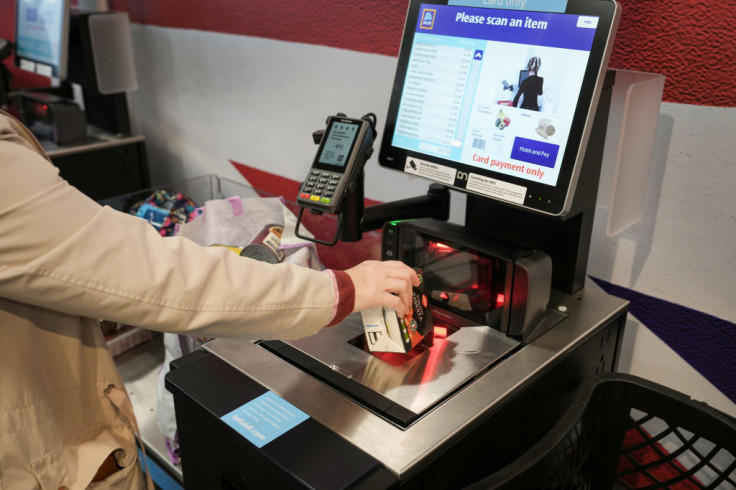US Consumer Confidence Rises In August
Older consumers feel better about the economy than younger ones

Consumer confidence rose slightly in August according to a new report issued on Tuesday.
The Conference Board Consumer Confidence Index rose to 103.3 from an upwardly revised 101.9 in July.
Consumers who were surveyed were more positive about business conditions, both current and future, than in July but also are more concerned about the labor market.
The number of consumers who said business conditions were "good" rose while the number who said it was "bad" decreased.
"Consumers' assessments of the current labor situation, while still positive, continued to weaken, and assessments of the labor market going forward were more pessimistic," said Dana M. Peterson, Chief Economist at the Conference Board. "This likely reflects the recent increase in unemployment. Consumers were also a bit less positive about future income."
Younger consumers more worried about economy
Perceptions differed based on the age of the people surveyed. Confidence declined among consumers under the age of 35 while it improved for those older.
On a six-month moving average basis, confidence remained the highest among young consumers. Despite the overall improvement in the headline Index, confidence declined for consumers earning less than $25K.
On a six-month moving average basis, consumers earning over $100K remained the most confident. Confidence among consumers earning $15K to $24.9K continued to trend down and was almost as low as for those earning less than $15K.
Peterson said consumers were likely rattled by a sharp drop in the financial markets in early August. Markets have rebounded for the rest of the month.
Average 12-month inflation expectations dropped to 4.9% in August—the lowest since March 2020 and consistent with slower overall inflation and declines in some goods prices.
Mentions of prices and inflation did top write-in responses, showing continuing concerns.
Meanwhile, the share of consumers expecting higher interest rates over the next 12 months dropped for the third month in a row to 46.5%—the lowest since February 2024. The share expecting lower rates increased to 31.5%, the highest since April 2020.
The survey found that people planning to buy a new home fell to a new 12-year low.
Buying plans for cars, refrigerators, TVs, phones, laptops and washing machines increased.
The survey also found that there is not a growing fear of a recession for the next 12 months and remains well below the 2023 peak.
© Copyright IBTimes 2024. All rights reserved.






















